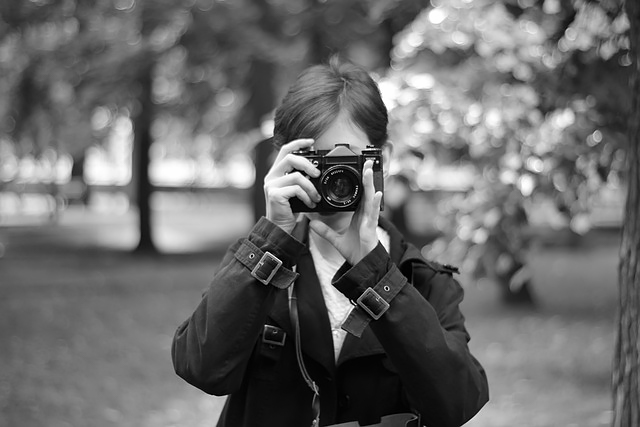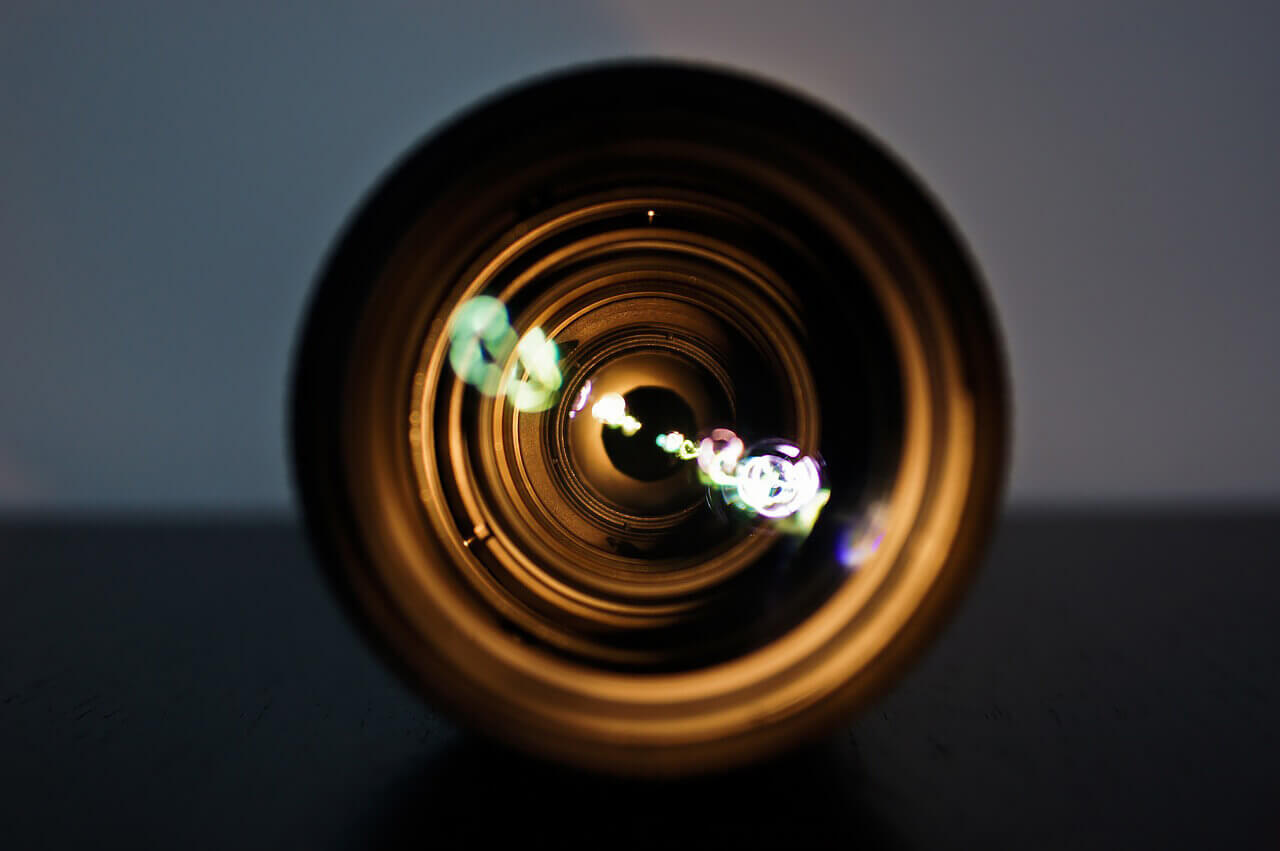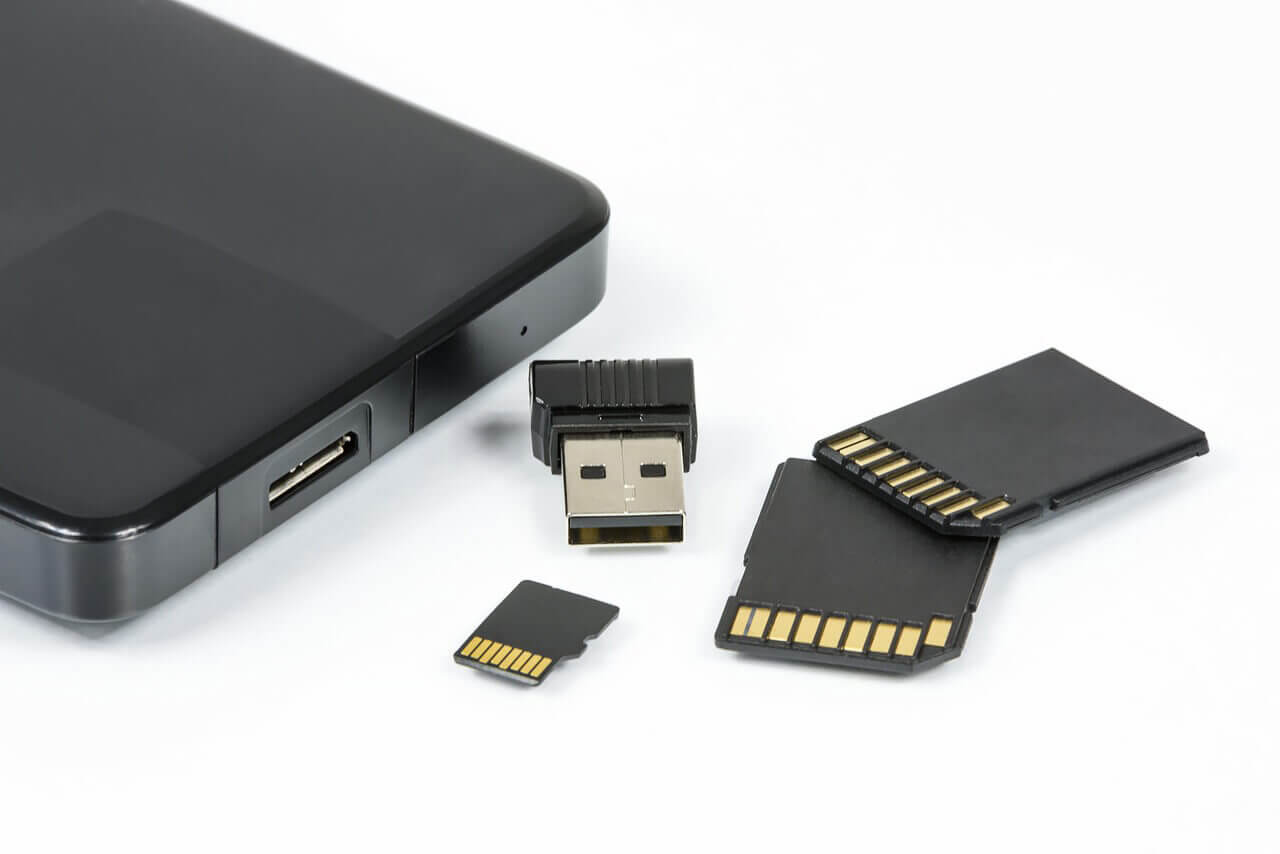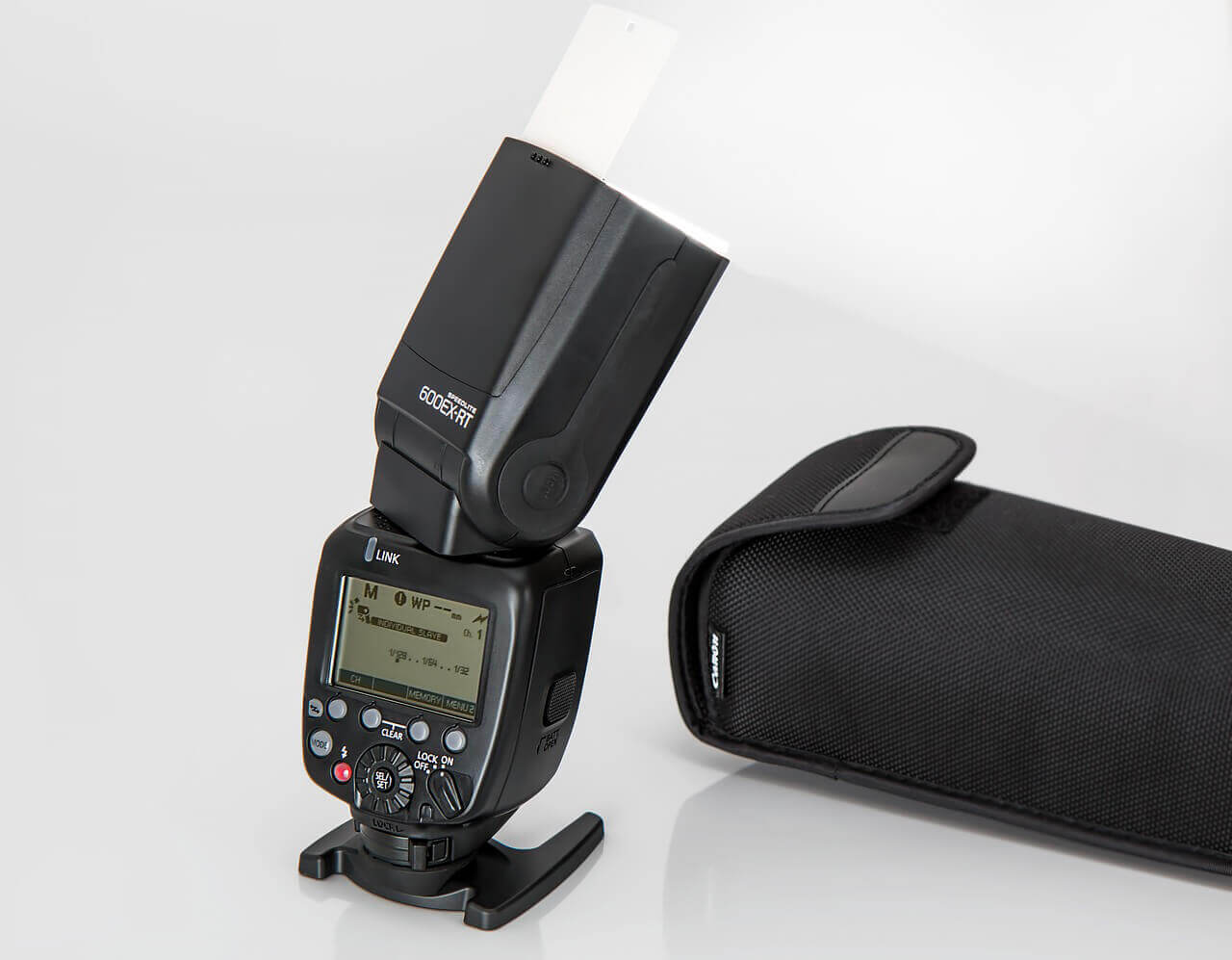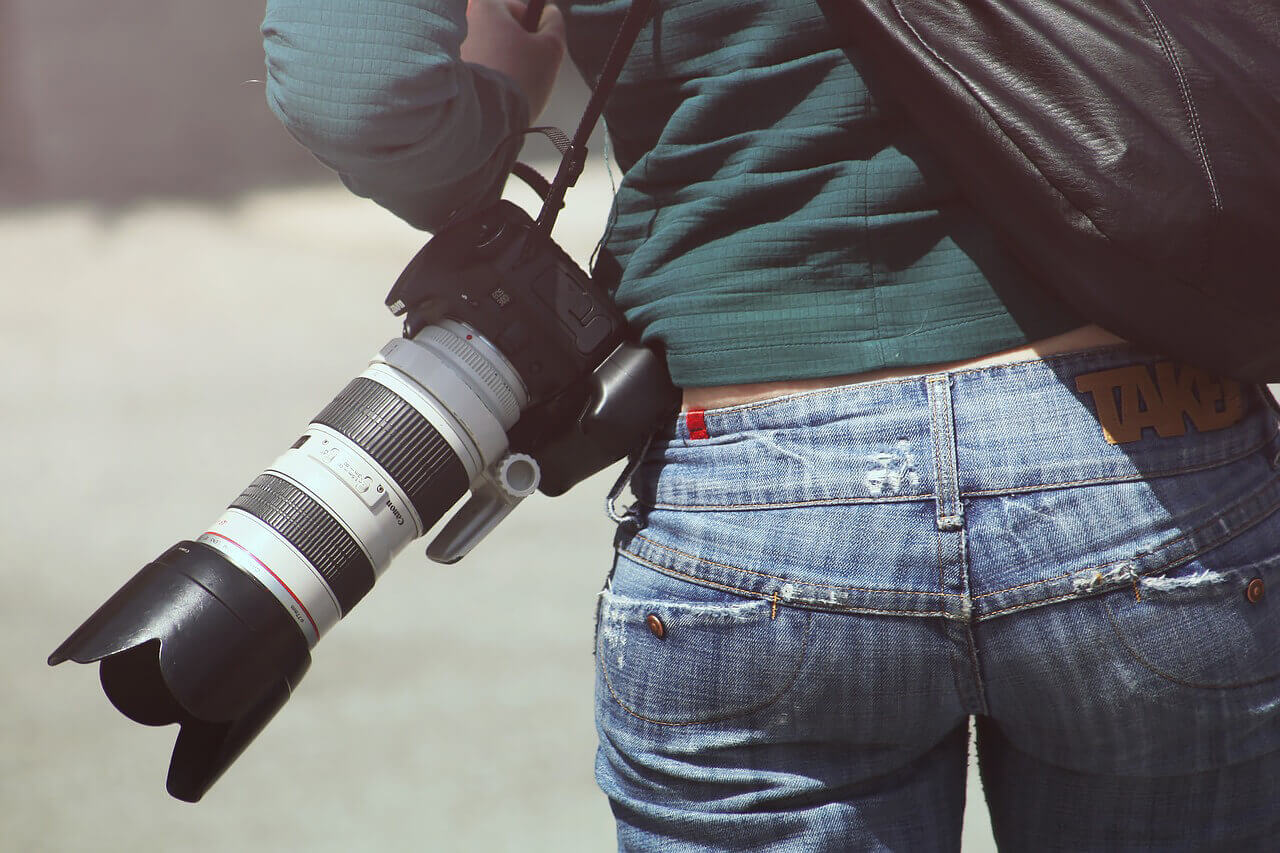Becoming a photographer is no easy task in itself. It can turn out to be the best thing of your life, though, so you are on the right way in this magnificent journey. Yet, we admit it might be daunting at first. It might even be frightening. So many things to learn, to grasp, to understand how to put into practice. You may feel overwhelmed with the feat you've embarked on to accomplish. Or better yet, with the precious photo, you're going to try to capture. But worry not because we are here to help. Of course, there's a lot to tell you and we cannot do it all in one article. Still, today we'll try to fill in some gaps that are probably bothering you. Well, to cut the long story short, here is what
equipment you'd need as a first-year photo student.
Camera, really?
Yes, we need to start with the very basics. It's quite obvious you'd need a camera, we admit. For all the first-years in a photographic degree, a camera is a necessity. It may be hard to pick a particular one, though. There is such a high availability on the market that those who are new to photography may be overwhelmed with the choice they have on their hands. Indeed, getting your first professional camera is a huge step. It's one of the first major equipment decisions you'd need to make. Of course, lots of things to consider here. To start with, affordability. While you are still a student, you might not have a lot of funds available. That's okay, though, because some really affordable options still do the job well. Check some of the versions available on the market to see which one will suit you the best. They all have their own features, so there's a bit of a personal choice involved.
Lenses
Some camera kits out there come with a zoom lens included. Some don't, though. No matter what is the case with your personal set, do try to get yourself another lens, for starters. You'd do pretty well if you purchase a 50 mm lens or a 35mm one. They have their particular benefits which we won't cover in detail here but if you are interested in the know-how of lenses and their usage, you can always refer to our other articles. With the different lens' sizes you'd find just as different opportunities to make your creative side stand out. The best features of both 50mm and 35mm lenses are hidden in the fact that they present the world as we see it with our own eyes and give a truly realistic feeling to your photographs.
Memory
One absolutely annoying part of every photographer's journey is the fact that photos take space. Or, to put it more precisely, they take memory. Usually, the new cameras come with SD cards that have particular memory storage. If you've gotten your hands on such one, you'd do fairly well if you purchase another memory card. Even if you're inclined to get yourself a cheaper SD card, do not bulge in but rather spend a bit more cash and get yourself at least a 64GB+ one. By doing so, you'd be ensuring your photos are safe. To ensure the easy transition of your photos between the memory card and your laptop, a card reader will be of huge help.
Backup Drive
If you are like most the people nowadays, you're probably storing everything you've captured on your laptop. Yet, this choice comes with risks. To avoid them, make sure you have a high-quality backup drive. Of course, make sure you also store your files on the backup drive, otherwise, it will be of no proper use. There are a lot of good options on the market, some of which are quite affordable.
Camera Bag
Now that you have
most of the equipment, you might feel like you're ready to go. All of a sudden you realize you don't have anything to put your camera in. Well, here comes the camera bag. Choosing a particular one is a matter of purely personal choice. Browse around and find what you feel most like buying, which one suits you the best, and which one you deem mostly fit to do the job for you. Just make sure your camera bag is comfortable, offers sustainable protection, and comes with enough space (of course!) to put your camera and equipment in.
Battery
A portable battery can always be put to good use. Usually, cameras tend to run out of battery right at the moment when you need them the most. So, make sure to always keep a spare at hand to make sure you can capture the moment when it comes.
A Flash
The on-camera flash can also turn out to be of help in times when you need a bit of extra lighting to capture the perfect shot. You'd learn a lot about lightning and how to play with it while you study photography, so you'd definitely learn how to make good use of the good ole on-camera flash.
Will You Need Software?
Most probably, you will. You'd need to learn a lot about how to edit your photos via digital software. There's going to be a lot of playing around and you most likely need to have at least one piece of software available to you. Yet, you might want to wait till you start before you purchase software due to the possibility that there will be some preferences on behalf of your teachers. Yet, keep in mind that at some point software will be of need.
Conclusion
We do admit, it's hard taking the first steps. Sometimes it's expensive, too, and that can be true for photographic equipment. Yet, we cannot help but point out that it's worth it when you take the first shot that will leave you speechless and wondering how can you make something that's so captivating and marvelous. Sure, difficulties are going to arise at one point or another. You might feel the need to get some outside help, be it from the
best essay writing websites, mentors, colleagues to give you tips and feedback, etc. In the end, though, those are going to be some of the best days of your life. The days that are dedicated to taking the most breathtaking shots that you've always dreamed to be capable of taking. The photographic community is always welcoming new members and all of us are absolutely ready to help the aspiring young generation that is to come.
